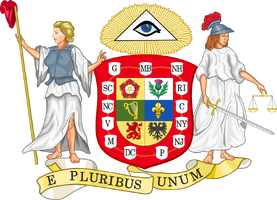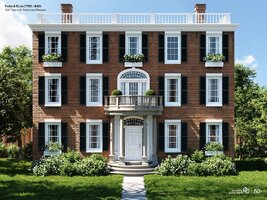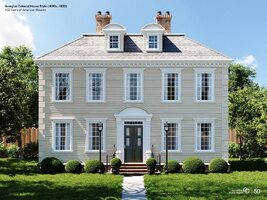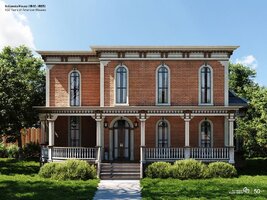Another thing that struck me [in the American] was the great influence of the Negro, a psychological influence naturally, not due to the mixing of blood. The emotional way an American expresses himself, especially the way he laughs, can best be studied in the illustrated supplements of the American papers; the inimitable Teddy Roosevelt laugh is found in its primordial form in the American Negro. The peculiar walk with loose joints, or the swinging of the hips so frequently observed in Americans, also comes from the Negro. American music draws its main inspiration from the Negro, and so does the dance. The expression of religious feeling, the revival meetings, the Holy Rollers and other abnormalities are strongly influenced by the Negro, and the famous American naïveté, in its charming as well as its more unpleasant form, invites comparison with the childlikeness of the Negro. The vivacity of the average American, which shows itself not only at baseball games but quite particularly in his extraordinary love of talking – the ceaseless gabble of American papers is an eloquent example of this – is scarcely to be derived from his Germanic forefathers, but is far more like the chattering of a Negro village. The almost total lack of privacy and the all-devouring mass sociability remind one of primitive life in open huts, where there is complete identity with all members of the tribe. It seemed to me that American houses had their doors open all the time, just as there are no hedges round the gardens in American towns and villages. Everything seems to be street. It is naturally very difficult to decide how much of all this is due to symbiosis with the Negro, and how much to the fact that America is still a pioneering nation on virgin soil. But taken all in all, the wide influence of the Negro on the general character of the people is unmistakable."
Carl Jung


















